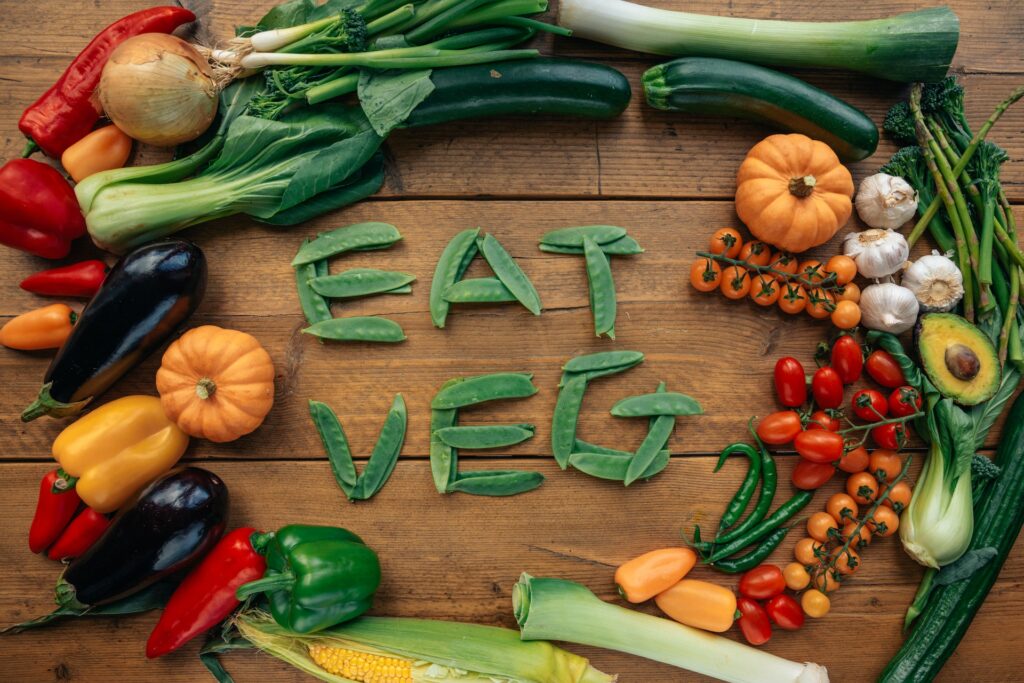Organic Farming vs. Conventional Farming: The Pros and Cons Farming has come a long way since the dawn of agriculture thousands of years ago. With the advent of modern farming techniques, the use of synthetic fertilizers and pesticides has become widespread. However, in recent years, the organic farming movement has gained momentum, with more and more farmers opting for sustainable and natural methods of cultivation. But how does organic farming compare to conventional farming? Let’s take a closer look at the pros and cons of both. Advantages of Organic Farming Disadvantages of Organic Farming Advantages of Conventional Farming Disadvantages of Conventional Farming In conclusion, both organic farming and conventional farming have their pros and cons. While organic farming is more sustainable and healthier, it may yield lower amounts of produce and have higher costs. Conventional farming may yield higher amounts of produce and have lower costs, but it can lead to environmental damage and health risks. Ultimately, the choice between organic and conventional farming depends on individual preferences and priorities.






